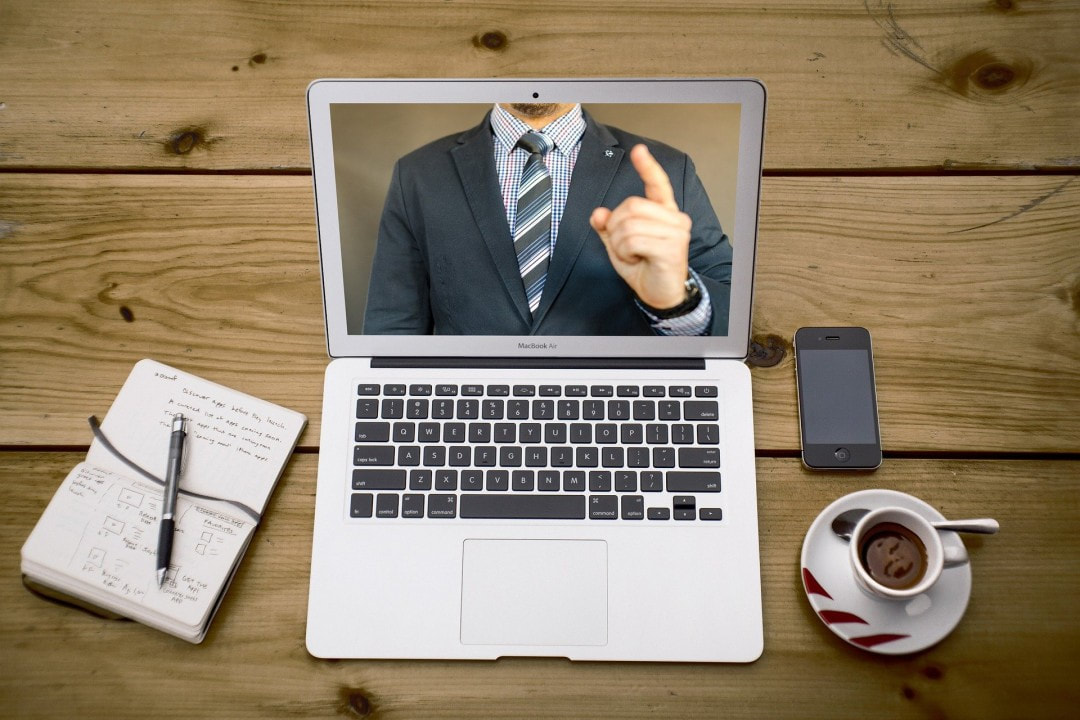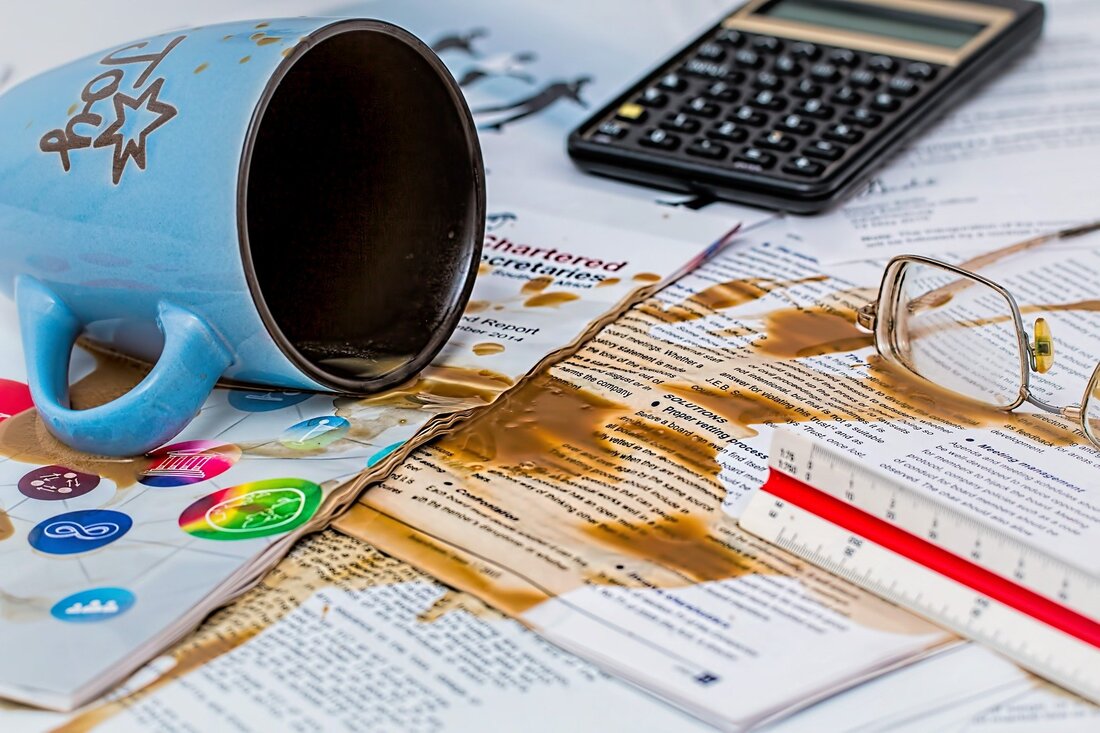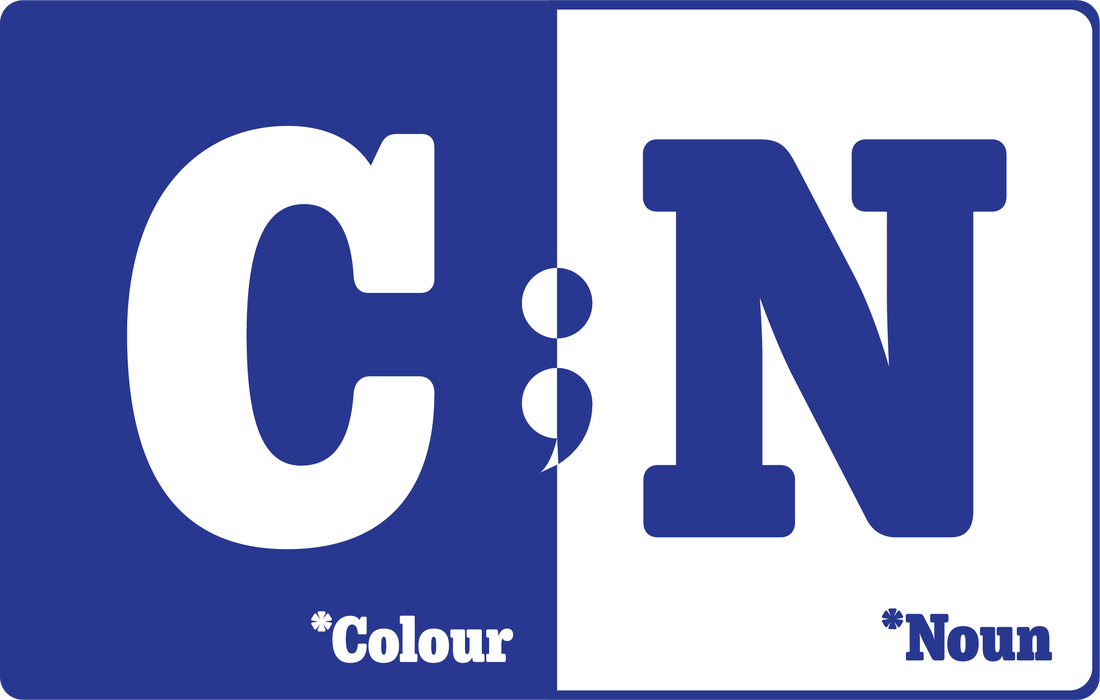|
We’re all TV personalities now.
In fact, the latest stage of human evolution is the rise of the two-dimensional, not-visible-from-the-chest-down, straight-on stare. Since March in the UK, no one has interacted with anyone who doesn’t gawp back at them. There’s no escaping it, and even television commercials feature very little apart from shonkily shot Zoom call and phone camera footage. It’s like watching a Lars von Trier film with no budget and a headache. Before I go any further, here’s a warning. If anyone makes any more comments about not wearing trousers, or wearing pyjamas, or doing calls in their slippers, I will hunt you down and break your windows – real and computer. It stopped being funny about twenty minutes before the first person mentioned it… but it does raise a valid point that, circuitously, takes me back to my original premise: you’re probably not as good at remote engagement as you think you are. Let me explain. About a million years ago, or so it seems, people would gather in large rooms and be told stuff by other people. The stuff that they told people wasn’t always that exciting, or interesting, but, magically, if you put the key words about the stuff on a big screen behind you, that made it all right. Or so they thought. The other thing that was important was context. Lots of context. Tell the people, most of whom who know the context anyway, why something has to happen, or why something has to change for at least the first fifteen minutes of your allotted time. Save about five minutes near the end to tell them how it would happen, or have a panel and pretend to answer questions from the audience in a reassuring way that would Make Everything Clear™. Of course the beauty of this convention on meeting and sharing information was that you could use AnyoneCanDoIt v5.0, so Frank, Susan or Kevin* could get up and deliver the message and nobody would get upset if it was a bit boring because, well, it’s what happens. In any case, we all had the secret weapon of the Conference Switch Off, where, by eating the boiled sweets on the table, taking swigs of water and adopting a neutral expression you could pretend to be taking it in. Then that thing happened. Suddenly the meeting was in your home, and AnyoneCanDoIt v6.0 (TV Studio Anchor) had been released and downloaded. Now the talking heads are literally that, they don’t move about, they don’t have profiles and they can fill your screen with pie charts and tables and four-box models. Thankfully though, they can’t always tell when you check Facebook or your emails so that’s all right. You have to buy your own boiled sweets, but that’s a small price to pay. The point is – and I promise I’ll get there in the end, but, as we’ve established, you can’t have enough context – just because you can talk to a camera like you’re talking to an actual person don’t think that will automatically tick all the boxes marked engaging and interesting. As much thought – no, more thought – needs to go into how you keep people’s attention on screen than in a live environment. Next time you’re in a Zoom or WebEx conference call, ask yourself “would I watch this if it was on telly, or would I turn over and watch Dr Quinn, Medicine Woman instead?” Unfortunately, with Zoom, like PowerPoint, a great technological tool has been appropriated and misused by the masses. It is my firm belief that there will be no return to the annual jamboree conference in Seattle or Vienna or York in the same way that you remember it anytime soon. Because we could be living with outbreaks of a virus - in the same way that people used to live with outbreaks of measles or tuberculosis - for the next decade, in our mostly safe, risk-averse culture, served as it is by constantly improving technology, not everyone will want to assemble in huge numbers somewhere remote and/or exotic. Instead we will see smaller groups, sharing their experience with colleagues around the country or the world. The risk is, that without a thoughtful, professional set-up, with access to the best kit and the technological know-how to get the most out of it, if you stick Frank, Susan or Kevin* in front of a camera you might end up with a hybrid conference experience that comes somewhere between a community access television channel and a 1980s Open University programme about the effects of stellar mass on a quantum environment. And over a ten-year period, that’s plenty of time for that type of dull to become the norm, the benchmark, the standard for remote engagement. The world will soon be full of people offering solutions and options to address this need. Choose wisely. Frank, Susan and Kevin* in front of a green screen just isn’t going to cut it. *Apologies to Franks, Susans and Kevins everywhere. Other names are available.
0 Comments
"Put simply, entropy is a measure of disorder, and the Second Law of Thermodynamics states that all closed systems tend to maximise entropy. Reversing this ever-increasing tendency toward disorder requires the input of energy. That's why housekeeping is so tiresome. Left on its own, your house would get dusty, spiders would move in, and eventually, it would fall apart. However, the energy put into preventing disorder in one place simultaneously increases it somewhere else. Overall, the entropy of the universe always increases." (realclearscience.com)
Full disclosure time. I’m fed up of all this. The spiders have moved in everywhere and the effort of getting them to leave means that the magazines are all over the floor and the pile of unwashed coffee cups won’t get dealt with until someone draws up a rota and that person can’t draw up the rota because the pencils need sharpening. This is not an insight into my work or home life. It’s what it feels like trying to pick up the pieces of “normal” business interaction. Everywhere we see the signs of people trying to restore some post-lockdown function. In the UK the pubs are re-opening, restaurants are adapting to enable them to start serving people again and businesses are starting to make noises about re-engaging people who have been furloughed. But it feels so slow, so full of effort… and every effort to start something like normal function again means that something else isn’t being done. Overall, the entropy of the universe always increases. Unfortunately, there are a million and one things that add to the entropy. There’s so much that needs doing to get everybody back to work, so much work to do on re-starting all the plans and projects that existed before, and then there are the ones that need doing now to help everybody through the transition. And then there will be the pause that the annual summer holiday season brings to everything… Why am I talking about this? Why is it an issue? Well, as someone whose business is based on delivering events, conferences, team days and learning sessions to organisations, I am impatient to see things return as soon as possible. I know that it will take time for this to happen, but at present, I have a horrible feeling that wheels are spinning, but precious little progress is being made. So, what can we do about this? I am reminded of the instruction I once heard about tidying your house. Don’t try to tidy the whole house at once. You have a finite amount of energy and after expending all of it on trying to do everything at once you will be exhausted and most likely downhearted that you haven’t succeeded. Instead, tidy one drawer, or one surface, and when you’ve done it, celebrate your achievement. Then do it again tomorrow. Rinse and repeat, and together we will get our houses in order. |
AuthorColour; Noun (Vicky Holding and Howard Karloff) Archives
November 2022
Categories |



